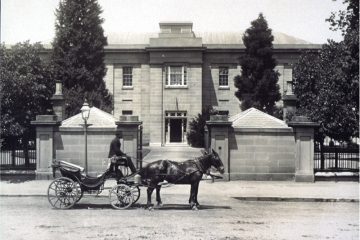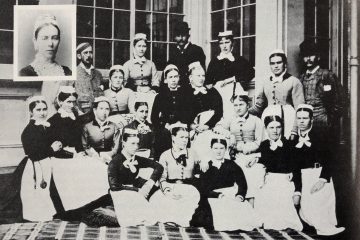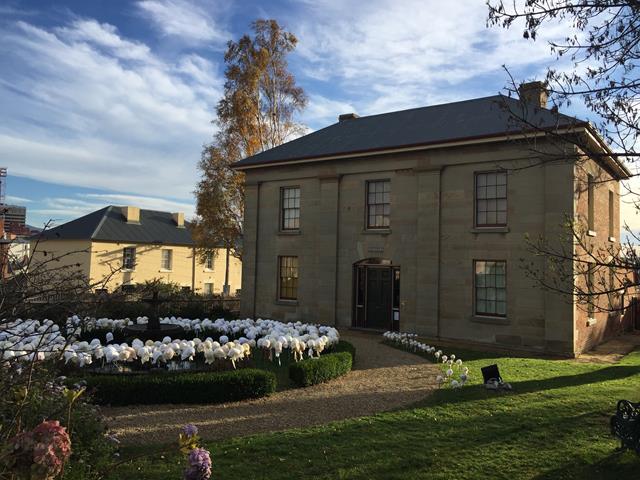
May 18th – International Day of Museums. Hobart is loaded with interesting museums, and one of my favourites is Australia’s oldest folk museum: Narryna at Battery Point.
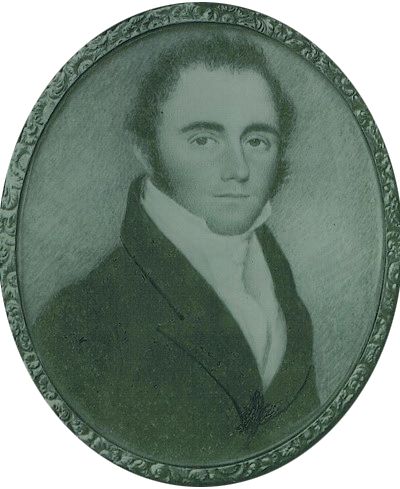
Construction of Narryna began in 1835 as a private residence for merchant, Captain Andrew Haig. Over time Narryna was rented to several significant Hobart people: Hyram Moses, founder of the Tasmanian Hebrew Benevolent Society (1847); Quaker missionary George Washington Walker, founder of the Hobart Savings Bank (1852);
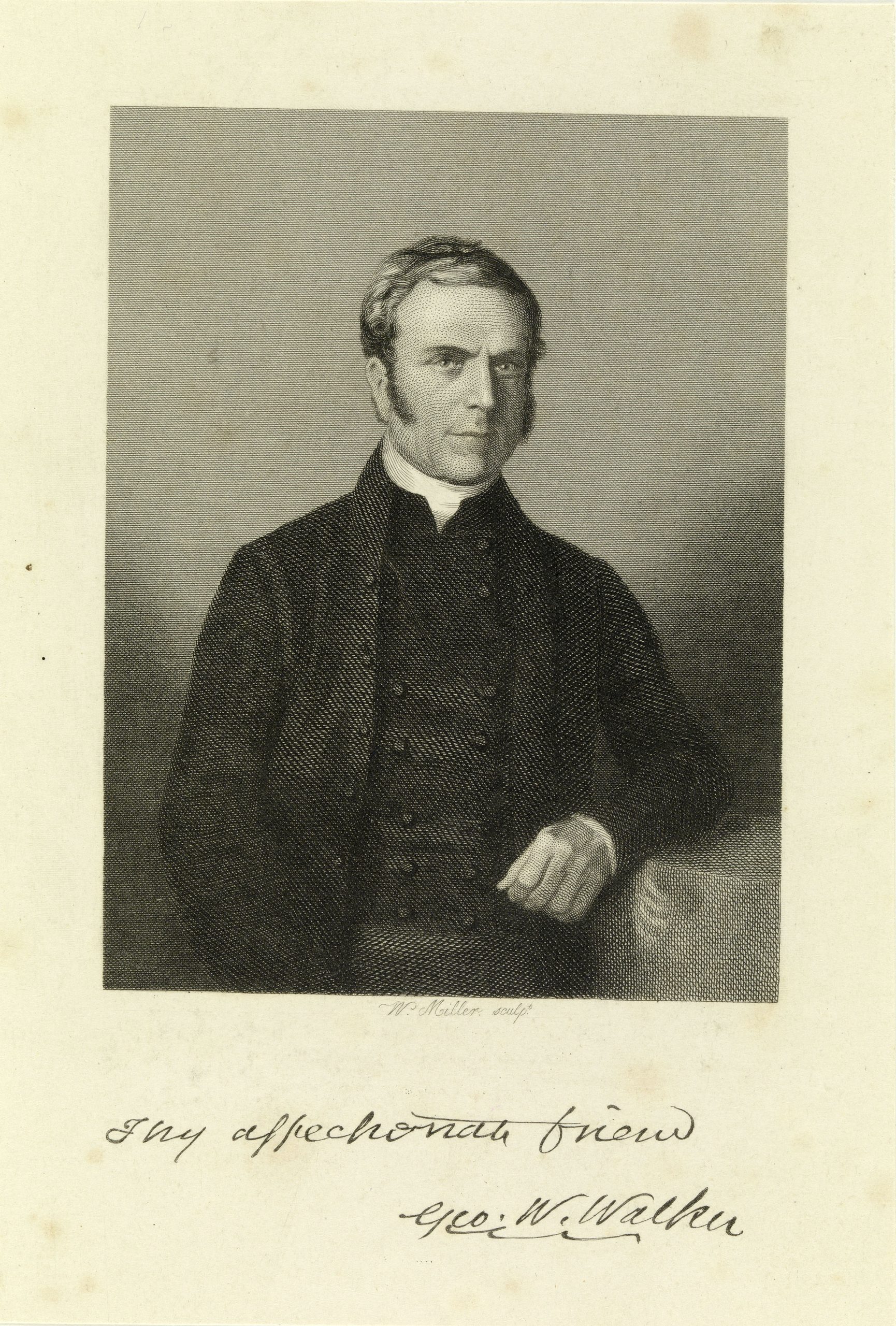
Charles Butler, Hobart lawyer and son of Gamaliel Butler who established Tasmania’s first legal firm now known as Butler, McIntyre & Butler.
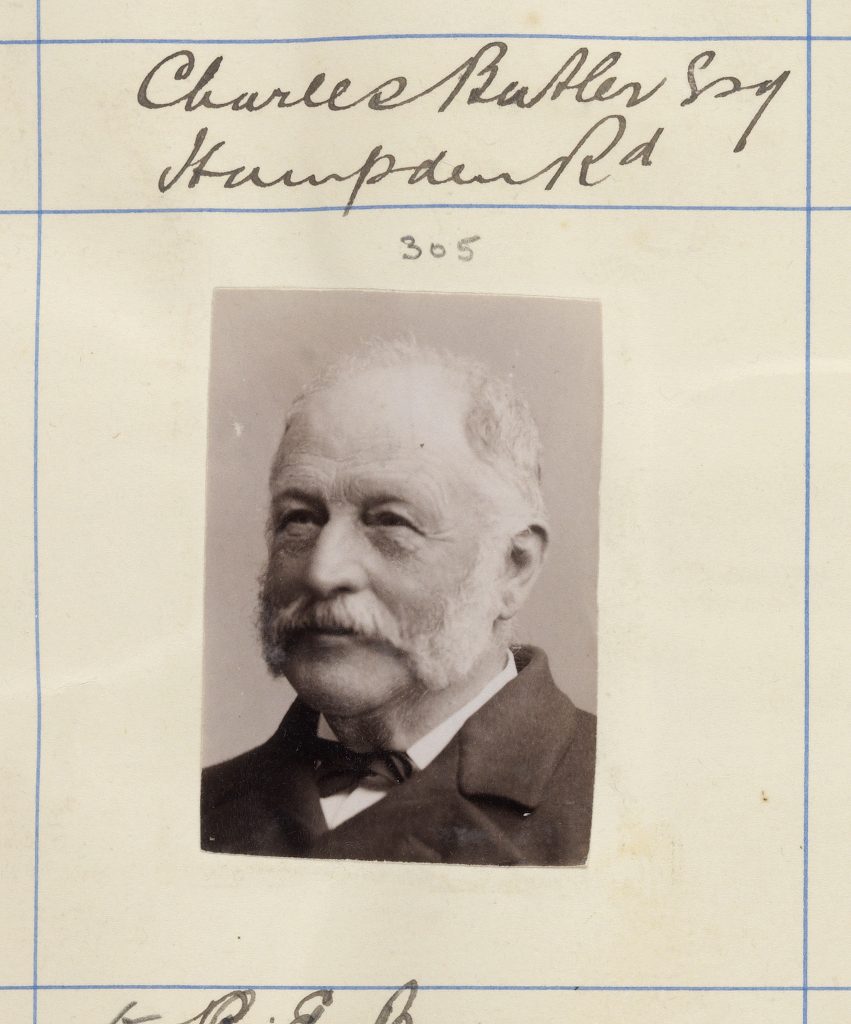
Charles’ mum Sarah Butler lived nearby at Stowell;
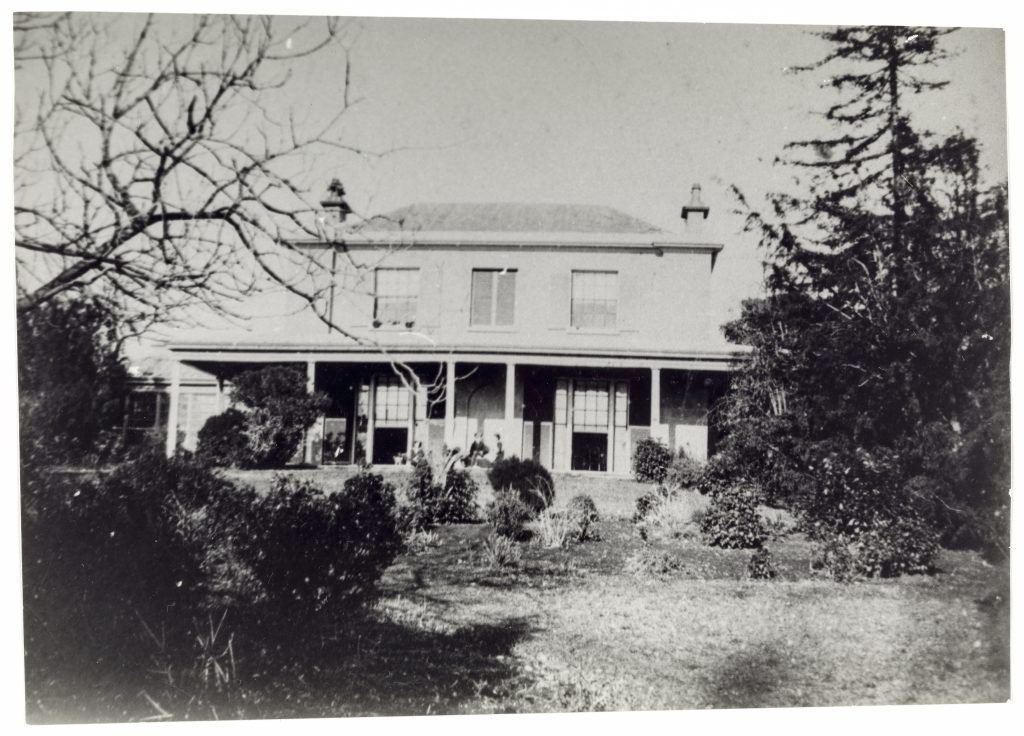
David Lewis, Hobart Mayor and later Tasmanian MP (1863);
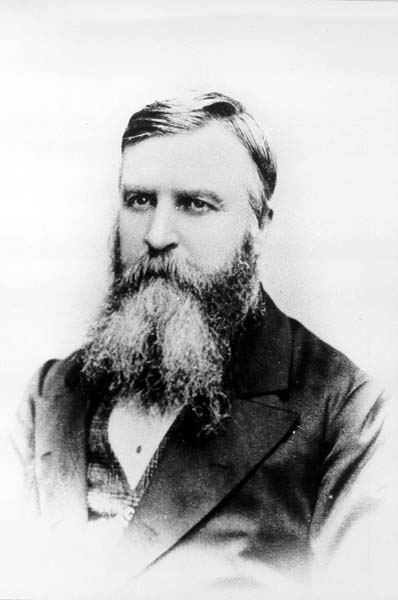
From 1926 Narryna was operated as a boarding house and in 1946 it was purchased by the State Government as a hostel for women recovering from tuberculosis.
In 1954 a petition to turn Narryna into a folk museum was put together by a collaboration of THRA (Tasmanian Historical Research Association), the Shiplover’s Society of Tasmania and the Battery Point Progress Association, in order to ‘pay tribute to the courage and fortitude of Tasmania’s pioneers.’
In response, the Tasmanian Government funded restoration on Narryna for the Van Diemen’s Land Memorial Folk Museum.
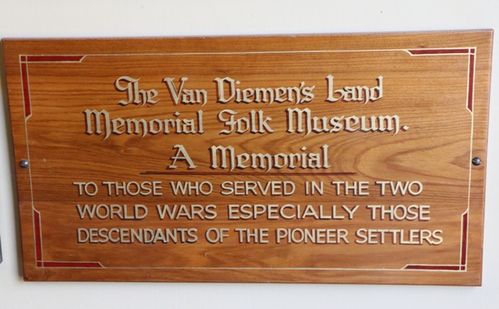
The displays were originally based on domestic use, to educate visitors about how the early settlers lived.
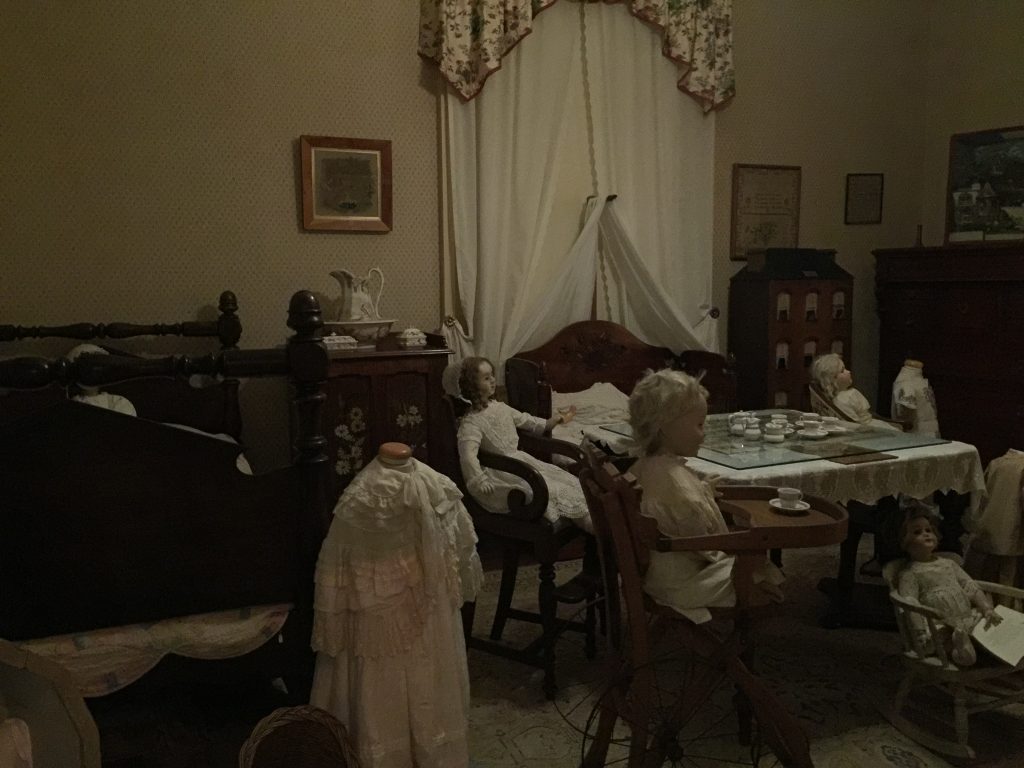
A restructure and name change in 2006 to Narryna Heritage Museum Inc saw a change in the displays. The interpretation of the building now had a focus as a place of convict assignment. Today this focus allows for a better comparison with other historic buildings in Hobart but it was a topic that was actively ignored when it operated as the VDL Folk Museum.
Throughout the year, Narryna now hosts a wide range of exhibitions and events. Take a virtual tour of the current Hidden Histories exhibition: https://www.narryna.com.au/online-exhibitions
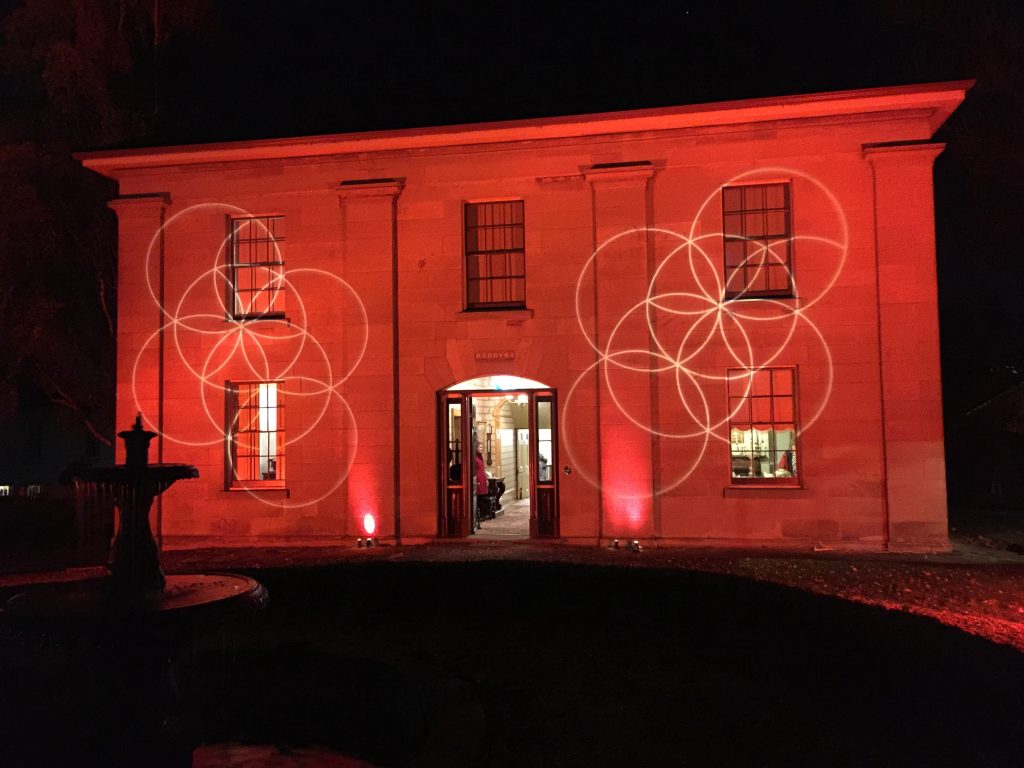
Find out more about Narryna here: https://www.narryna.com.au/

